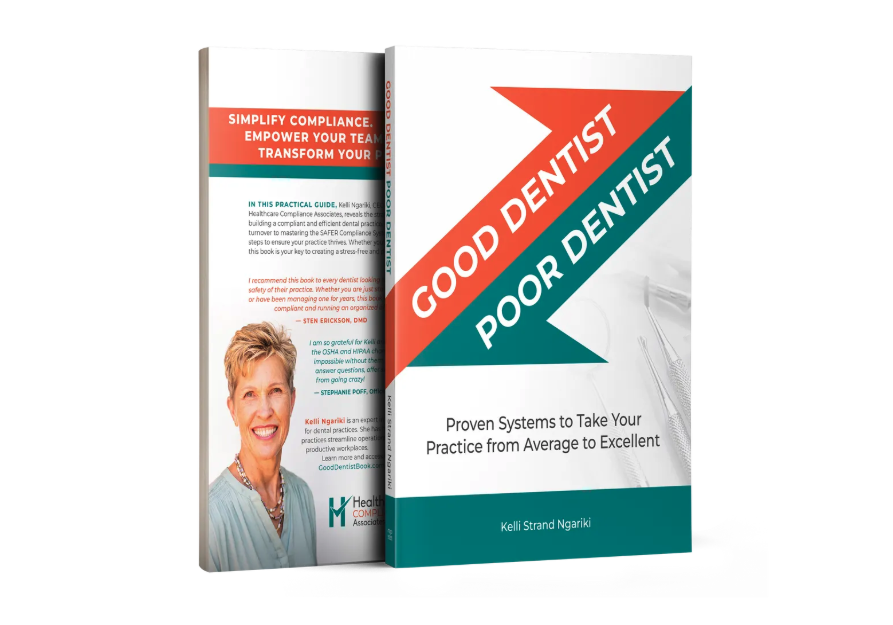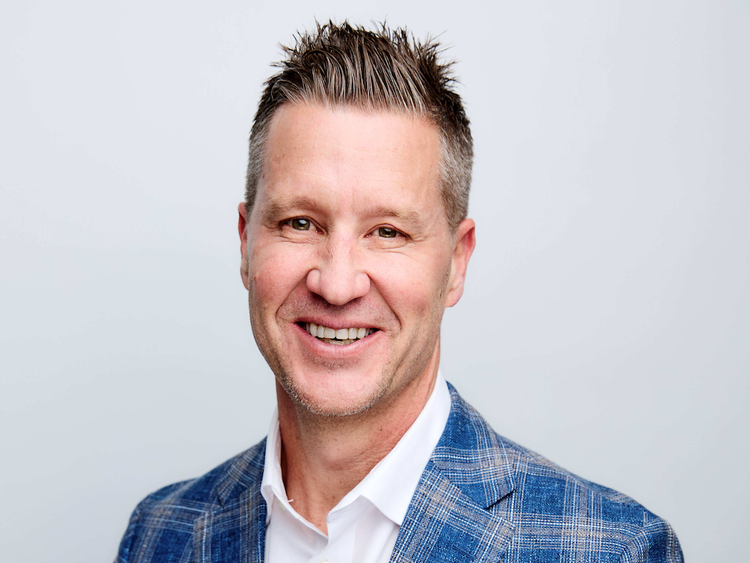‘You really need written, documented systems’

A version of this Q&A first appeared in the Dental Bite Newsletter. Sign up to here to receive the weekly newsletter.
By Carrie Pallardy | for Dental Bite
When it comes to compliance, Kelli (Strand) Ngariki wrote the book on it. Literally. "Good Dentist Poor Dentist" delves into costly compliance risks in dentistry and how dentists can implement effective systems to protect their businesses.
Ngariki, owner and CEO of Healthcare Compliance Associates, spoke with Dental Bite about the compliance issues she sees in dentistry and how to tackle them.
What do you think are the biggest compliance issues dental practices face today?
PPE tends to be a big one. A lot of times, from my experience, the people who are the assistants and the hygienists are the safety officers. In general, [they] tend to be rule followers and really don't like when people aren't being held accountable.
I feel that dentists often don't realize that the OSHA rule says that it's the dentist's responsibility to enforce and to make sure that they know what they should be wearing and when to wear it.
Hand hygiene would be the next [issue]. And studies show that. In health care in general, people are washing their hands less than half the time than they should.
Smaller practices—a lot of practices are small—that I've been to do not have written standard operating procedures [or] written systems for how things should be done every time. As a business owner myself, I don't understand how you can know what your staff is doing, what you expect them to be doing. You really need written, documented systems.
How can dentist practice owners evaluate their business’s current compliance management strategy and risks?
There's a great infection control document that the CDC put out that is pretty helpful to review: the Summary of Infection Prevention Practices in Dental Settings: Basic Expectations for Safe Care.
HIPAA is tough. My recommendation would be to spend money on a good IT company. Ask them about their HIPAA knowledge. Try to find companies that are specific to dentistry or to health care because they're more likely to be on top of the HIPAA rules and regulations and changes—because things are definitely changing.
What advice do you have for dentists who want to minimize their compliance risk?
I 100% believe in standard operating procedures, in writing this stuff down. OSHA, HIPAA, infection control: figure out what those guidelines are and what you have to do.
You're creating a step-by-step system for how we do it every single time. Everybody's going to do it this way. It makes it great for training new employees. It decreases your turnover and makes a happier team. You know that everything is being done properly. Safety is prioritized.
Thanks for reading today's edition! You can reach the newsletter team at newsletter@dentalbite.co. We enjoy hearing from you.
Interested in advertising? Email us at newslettersales@mvfglobal.com
Dental Bite is curated and written by Carrie Pallardy and edited by Lesley McKenzie.



